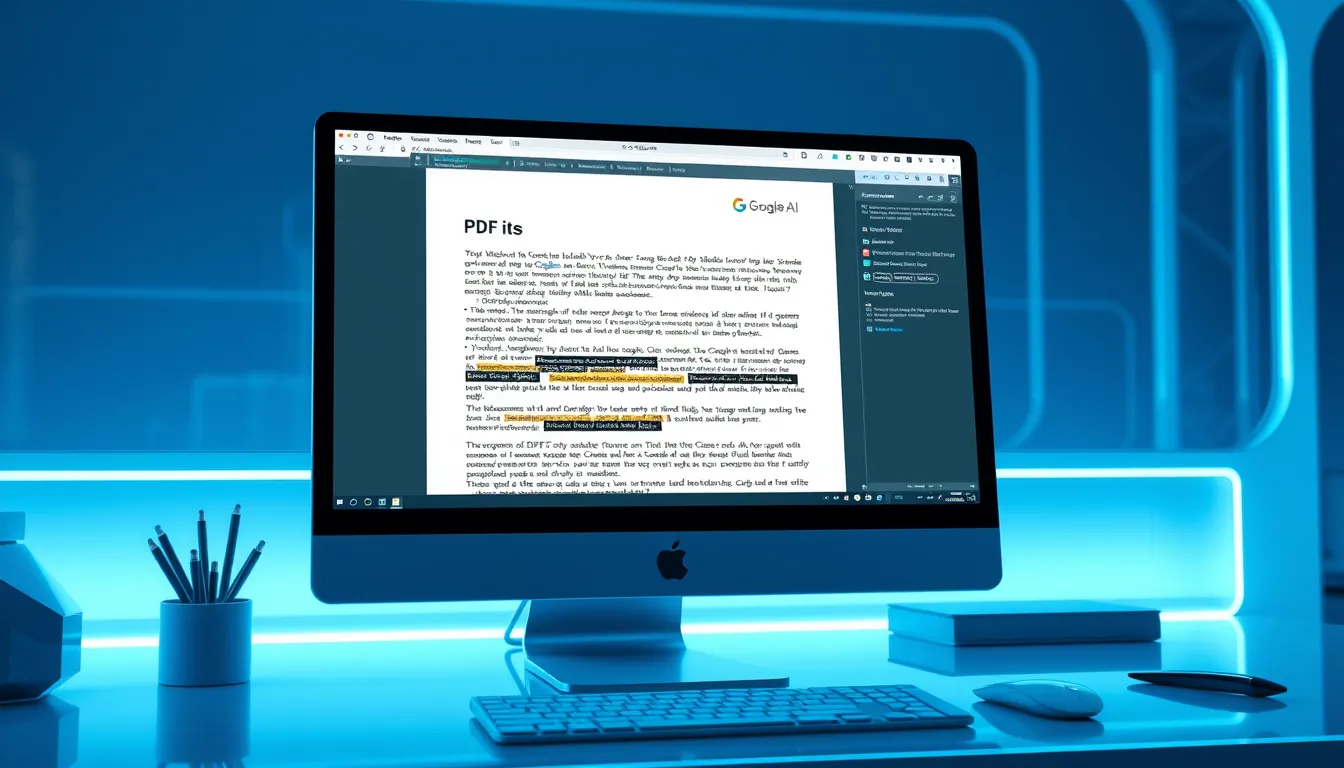Now Reading: Understanding the RISE Act: A New Era for AI Regulation and Transparency
-
01
Understanding the RISE Act: A New Era for AI Regulation and Transparency
Understanding the RISE Act: A New Era for AI Regulation and Transparency

Understanding the RISE Act: A New Era for AI Regulation and Transparency
The rapid evolution of artificial intelligence (AI) has brought forth both immense opportunities and significant challenges. With the introduction of the RISE Act, legislators are now taking bold steps to ensure that the complex world of AI operates under a robust regulatory framework. This article explores the key aspects of the RISE Act with a sharp focus on AI regulation, transparency, and accountability.
The Core Principles of the RISE Act
The RISE Act is centered on the idea that transparency in AI development not only boosts public trust but also creates a safer legal environment for developers. Here are the main components of the legislation:
- Detailed Training Data Disclosures: Under the RISE Act, companies must disclose the sources of their training data. This involves providing detailed accounts of how data is curated, ensuring it is representative and free from bias.
- Evaluation Methods: Companies are required to outline the methodologies used to evaluate the performance and safety of their AI systems. This includes a clear description of the metrics and processes involved.
- Safe Harbor Provisions: One of the cornerstone elements of the Act is the provision of safe harbor, which protects businesses from certain lawsuits if they adhere to the disclosure standards. This is crucial for maintaining innovation while ensuring that ethical standards are met.
The Significance of AI Transparency and Safe Harbor
AI transparency has become paramount in an era where algorithms influence everything from consumer behavior to critical decision-making processes. The transparency measures proposed in the RISE Act aim to:
- Enhance Public Confidence: By requiring companies to openly share data sourcing and evaluation methods, the Act builds trust among consumers, regulators, and industry stakeholders.
- Promote Ethical AI Standards: Detailed disclosures force companies to critically assess and improve their practices, ensuring that AI is developed with fairness and responsibility.
- Foster a Balanced Regulatory Environment: The safe harbor clause is designed to protect companies that comply with these standards, reducing the fear of litigation. This encourages innovation while safeguarding against irresponsible practices.
Detailed Training Data Disclosure and Its Impacts
- Transparency in Data Sources: Openly listing the data sources used for training allows both the public and regulatory bodies to assess potential risks such as inherent biases or privacy issues.
- Building Ethical AI: By mandating that developers provide a clear understanding of how their data is evaluated, the Act pushes for ethical AI development that prioritizes fairness and reduces algorithmic bias.
- Supporting Innovation: The safe harbor provisioning means that developers who comply with these transparency mandates receive legal protection. This balance aims to minimize risks such as exposure to industrial espionage or loss of proprietary methods.
Addressing Concerns and Balancing Interests
Critics of the RISE Act have raised concerns that forcing companies to reveal detailed information could damage competitive advantage and expose sensitive proprietary data. However, supporters argue that the benefits far outweigh the risks. The following points summarize these views:
Proponents Highlight
- Increased accountability and public oversight in AI development.
- A standardized approach to training data disclosures and evaluation methods, which could lead to industry-wide improvements in safety and ethics.
- Legal protection under safe harbor that prevents overzealous litigation against compliant companies.
Critics Warn
- The risk of exposing confidential business practices, which may be exploited by competitors.
- Potential compliance costs that could strain smaller companies or startups.
The Wider Implications of the RISE Act on AI Innovation
Beyond immediate regulatory changes, the RISE Act is poised to have far-reaching implications for the global AI landscape. Here are some of the broader outcomes expected from the implementation of this legislation:
- Global Benchmarking: If successful, the standards established by the RISE Act could serve as a blueprint for similar regulatory frameworks around the world, promoting international collaboration in AI ethics and transparency.
- Enhanced Safety Measures: The emphasis on detailed disclosures ensures that potential risks, such as algorithmic bias or data misuse, are identified early, paving the way for safer AI applications in sectors like healthcare, finance, and transportation.
- Increased Trust and Fairness: With the public demanding higher levels of accountability, transparent practices in AI can lead to more socially responsible technology, reinforcing ethical standards across industries.
How the RISE Act Shapes Future Legislation
- Scaling Ethical Standards: Future policies may build on the RISE Act’s requirements, introducing even more rigorous standards for data disclosure and evaluation.
- Broader Regulatory Impact: With technology evolving rapidly, governments worldwide could adopt similar measures to safeguard public interests while promoting tech-led innovation.
- Fostering Industry Innovation: By providing clear guidelines and safe harbor protections, the legislation encourages tech companies to innovate responsibly, knowing they have legal backing when they adhere to ethical practices.
Conclusion
In conclusion, the RISE Act represents a landmark step towards establishing a comprehensive regulatory framework for AI. Its dual focus on detailed training data disclosures and safe harbor provisions strikes a balance between fostering innovation and ensuring accountability. With an emphasis on transparency and ethical AI practices, the Act is expected to influence not only domestic policies but potentially set a global standard for AI regulation.
As debates continue and further discussions take place in legislative halls, the RISE Act remains a pivotal piece of legislation. It is a testament to the evolving relationship between innovation and regulation, and a clear indication that the future of AI will be marked by a commitment to both progress and responsibility. Through measures such as these, the AI community is poised to build a safer, more transparent, and ethically sound technological future.

























